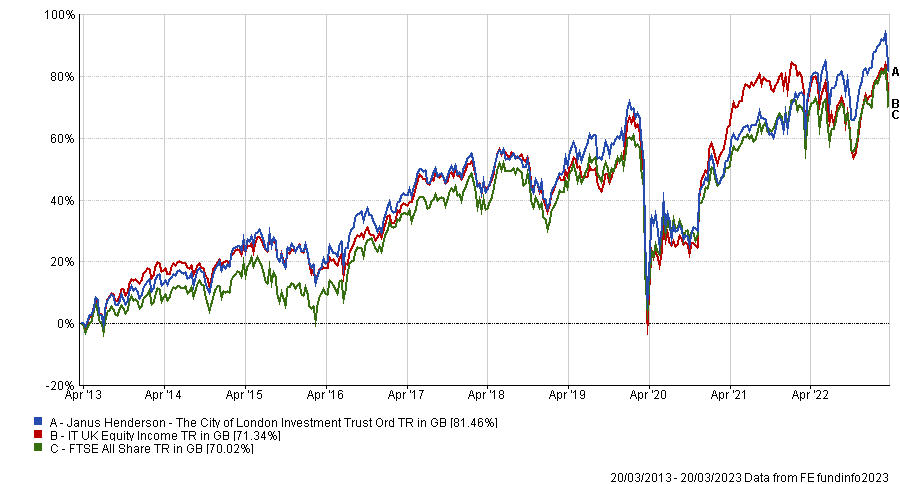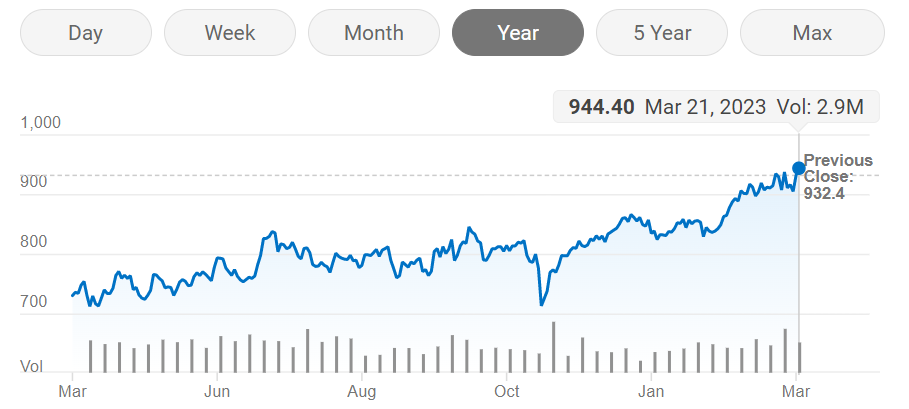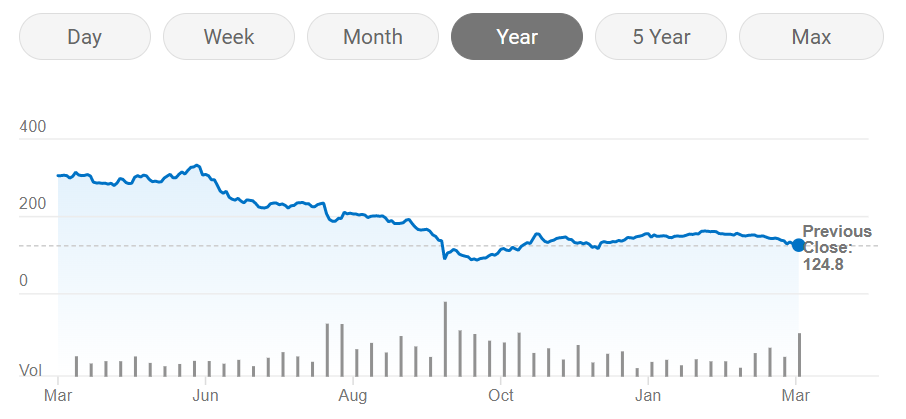The City of London Investment Trust is one of the only three investment companies in the UK to raise its dividends annually for 56 consecutive years.
Job Curtis has been managing the £1.9bn trust since 1991 and aims to provide long-term growth in income and capital to investors by buying UK businesses.
The trust has generally been an above-average performer over the past 10 years in the IT UK Income sector, but Curtis explains that the trust is not geared to be a leader in a bull market but rather to weather more volatile periods.
Performance of the trust over 10yr against sector and index

Source: FE Analytics
Below, he discusses why defence stocks are a social good, the mistake he made in not selling a Covid winner and how he has no plans to go anywhere.
Can you explain your investment process?
It is valuation driven with an emphasis on dividends, although we also invest in companies that have got growth. Companies have to both be able to afford the dividend and pay enough for future growth. It's quite conservative, we like companies with good cash generation and strong balance sheets.
Why should investors have your trust in their portfolio?
We've got the longest dividend growth record of any investment trust in the UK (56 years). We're highly attractive for somebody who is looking for consistent income growth.
It's a conservative fund, so we tend to perform relatively well in difficult markets. In a raging bull market, we will produce good returns, but we won't be leaders. We can look a bit pedestrian in that type of environment, but we are less volatile than quite a few funds.
City of London has increased its dividend for 56 consecutive years. How much reserves do you have and how does it compare to your peers?
Last year, our revenue reserves share was about 9.5p and our dividend of 19.6p, so our revenue reserves are around half of our annual dividend. There are some trusts with bigger reserves than that for sure. We've issued a lot of shares over the years. It's diluted our revenue reserves per share, so it hasn't grown as much as it would have done otherwise.
I've been managing the trust for 31 years and 2020 was the worst year for dividends in my career. That was the biggest test we've had and yet and the revenue reserves were fine and we were able to grow the dividend.
What sectors of the market do you find attractive at the moment?
We like having a diversified approach, but we've got five main blocks which make up 72% of the portfolio. The first is financials. This is a sector the UK does well and these companies are well managed and pay good dividends. It's also an area that benefits from the change in interest rates, so it's got a good tailwind at the moment.
The second biggest block is consumer staples. Companies in this sector tend to be global and very consistent, they don't cut their dividends. We've got four in our top 10 holdings.
The third is industrials, with our biggest holding being BAE Systems, which I felt was incredibly undervalued. Sadly, it took the war in Ukraine for the market to recognise this failure. Shares have performed very well since then.
Our fourth biggest sector is energy. Some people say they will never invest in energy, but the fact is, the world still needs oil and gas and we discovered it again last year. Last is healthcare, which is very high quality so doesn’t suffer in a recession.
What was your best call in recent times?
The best stock has probably been BAE System. At the end of January it was the fourth biggest holding. We were previously in a post-Cold War peace type of scenario, but there has been a change in the outlook for defence spending.
Performance of stock over 1yr

Source: Google Finance
People are very worried about what's happening in Eastern Europe, but there is also the rising tension with China. BAE is part of this AUKUS consortium and they are building submarines for Australia. That's just one example, they’ve got a massive order book and had very good results recently.
What was your worst call of the past 12 months?
Synthomer, which is a mid-cap company that makes the nitrile for rubber gloves. It obviously boomed during the pandemic and had a strong balance sheet. Then it made an acquisition in the US and loaded up extra debt. I should have sold it at that point.
There's be a massive over-expansion in the nitrile market, but it came down to earth. People need fewer rubber gloves than during the pandemic. It suffered in the downturn and loaded up with a lot of extra debt and ended up having to renegotiate the banking covenants and suspending their dividend.
Performance of stock over 1yr

Source: Google Finance
The initial purchase wasn't the mistake, the mistake was not getting out of it when it made the acquisition.
You’ve been managing the trust since 1991. Do you have a succession plan?
Janus Henderson’s global equity team has 12 investment professionals. I’ve worked closely with David Smith for 10 years, and on City of London for seven years. He was appointed deputy in July 2021, so if something happened to me health wise, he is there.
But I have no plans to go anywhere. I haven't got any plan to retire and I haven't set my retirement date. Any appointment would have to be approved by the independent board of directors.
What is your view on environmental, social and governance (ESG)? Do you use it in the trust?
We're not a responsible fund and I definitely wouldn't want anyone to think we are. We are clearly not, just look at our top 10 holdings. But, we do try to understand where the risks and opportunities are and benefit from the anomalies that occur.
The fact that some responsible funds exclude defence is not something I agree with. It's a social good, it helps to defend democracy. That's a bit of an anomaly in that situation.
What do you do outside of fund management?
I enjoy golf and tennis , but reading is my biggest single activity. I also enjoy the arts, theatre in particular.





